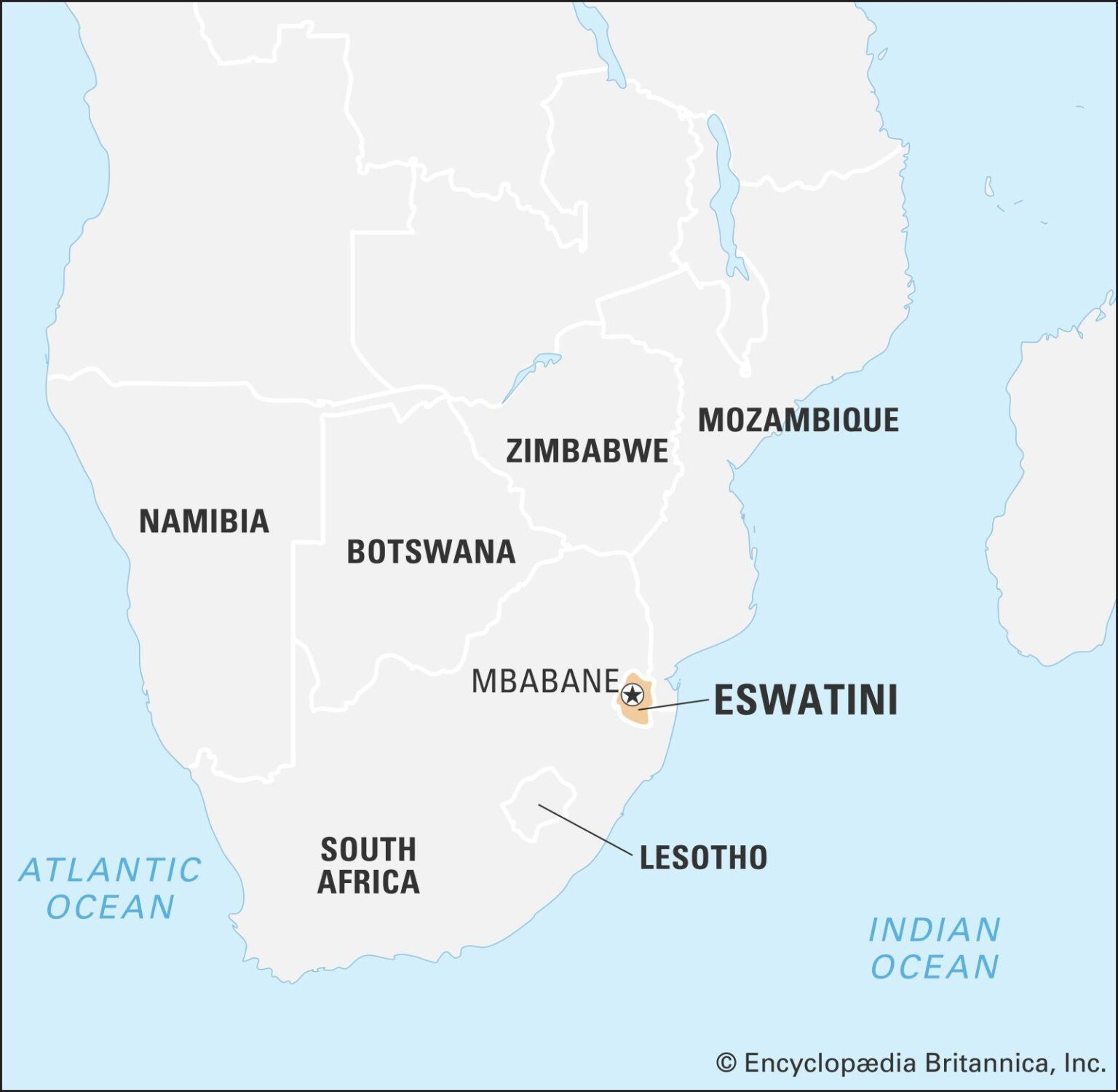Title: eSwatini’s Clash of Ideologies: Navigating Tradition and modernity
In the heart of Southern Africa lies eSwatini, a nation steeped in rich cultural heritage and traditional monarchy, yet grappling with the fervent tides of modernity and political change. As the country approaches crucial socio-political crossroads, divergent ideologies are clashing in a vibrant but tense landscape. The past year has seen increasing calls for democratic reforms, as citizens demand a stronger voice in governance, while traditionalists uphold the longstanding structures of the monarchy, which have defined eSwatini’s identity for generations.This ideological struggle reflects not only the aspirations of the Swazi people but also highlights the broader tensions within Africa, as nations navigate the complexities of tradition versus modern governance. In this article,we delve into the cultural,political,and social dynamics at play in eSwatini,examining the implications of this clash of ideologies and what it means for the future of the kingdom.
understanding the Historical Context of eSwatini’s Ideological Divide
The ideological divide in eSwatini is rooted in a complex tapestry of historical events, cultural dynamics, and socio-political structures that have shaped the nation since its inception. The legacy of colonialism has left an indelible mark on the political landscape, with traditional authority often clashing with modern governance ideals.Key factors contributing to this divide include:
- The Role of the Monarchy: The centralization of power under the monarchy has fostered a divide between those who support the traditional governance model and those advocating for democratic reforms.
- Economic Disparities: Discrepancies in wealth distribution have amplified tensions, as many citizens feel marginalized by economic policies that favor elite interests.
- Cultural Identity: The struggle to maintain cultural heritage often comes into conflict with globalizing influences, creating a rift among younger generations and traditionalists.
These historical undercurrents highlight a nation at a crossroads, grappling with contrasting visions of its future. The rise of civil society movements and political opposition has galvanized discussions around democratization,yet the fear of destabilization keeps many citizens hesitant. To illustrate this complex situation further, an exploration of various ideological camps reveals a nuanced spectrum of beliefs:
| Ideological Camp | Core beliefs |
|---|---|
| Traditionalists | Uphold monarchal authority and cultural heritage. |
| Progressives | Advocate for democratic reforms and economic equity. |
| Nationalists | Focus on sovereignty and resisting foreign influence. |
Examining the Role of Traditional Leadership in Shaping Modern Governance
In the heart of eSwatini,traditional leadership remains a critical pillar in the landscape of governance,often intersecting with modern political structures. Chiefs, as custodians of local customs, exert substantial influence over community decisions, reconciling contemporary needs with age-old traditions. This unique duality plays a crucial role in maintaining social stability and cultural identity. The persistence of these traditional authorities can sometimes lead to tension with modern democratic values, raising questions about depiction and inclusivity. As the nation grapples with these complexities, traditional leaders find themselves navigating a landscape marked by both reverence and resistance.
Moreover, the intricate interplay between traditional leaders and government officials shapes policy progress and public perception. A recent survey revealed the extent of this dynamic, illustrating how traditional leadership influences community trust in governance:
| Influence Factor | % Trust in Leadership |
|---|---|
| Traditional Leaders | 78% |
| Modern Politicians | 54% |
| Local Councils | 62% |
This data underscores the significant trust placed in traditional structures, often seen as more in tune with local needs than modern politicians. As the nation moves forward, it is indeed essential to explore how these two governance styles can coexist and complement each other, leveraging the strengths of both to foster a more holistic and responsive political surroundings.
Pathways to Reconciliation: Bridging Ideological Gaps for National unity
The ideological divide in eSwatini reveals a complex tapestry woven from historical grievances and modern aspirations. As the nation grapples with its identity and future, prominent factions contest the vision for governance and societal structure. To foster a climate conducive to reconciliation, it is imperative to establish platforms for dialog that transcend partisan lines. These can include:
- Community Forums: Regular gatherings that invite voices from various sectors of society.
- Educational Initiatives: Programs that encourage understanding of different perspectives, especially among the youth.
- Collaborative projects: Joint efforts in community development that promote shared goals.
Moreover, a thorough strategy that emphasizes empathy, active listening, and respect for differing views is essential. Instituting conflict resolution mechanisms that involve community leaders and stakeholders can yield significant progress. The table below illustrates potential strategies and their expected impacts:
| Strategy | Expected Impact |
|---|---|
| Dialogue Sessions | Increased mutual understanding |
| Civic Engagement Programs | Enhanced participation in governance |
| Conflict Mediation Workshops | reduced tensions and grievances |
To Conclude
the ongoing clash of ideologies in eSwatini underscores the complex interplay between tradition and modernity within the kingdom. as the country grapples with calls for reform and democratic representation,the tension between conservative values and progressive aspirations continues to shape its political landscape. The future of eSwatini hinges on the ability of its leaders and citizens to navigate these competing narratives, striving for a national identity that honors its rich heritage while embracing the imperatives of a rapidly changing world.As developments unfold, the eyes of the international community remain keenly focused on eSwatini, a nation at the crossroads of a pivotal change. The outcome of this ideological battle will not only impact the lives of eSwatini’s citizens but may also serve as a bellwether for similar movements across the African continent.

